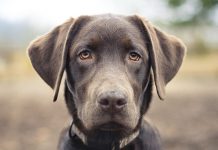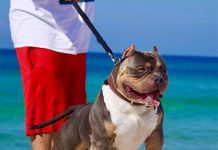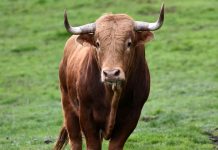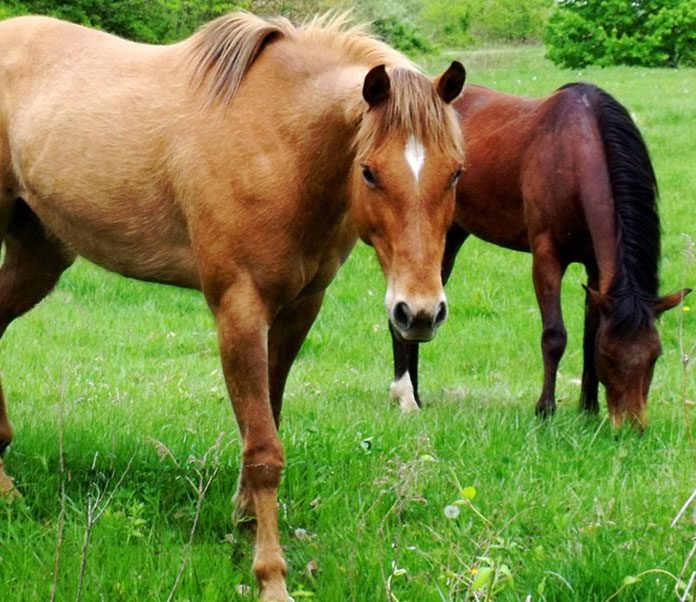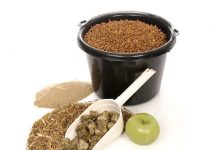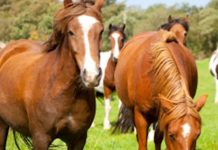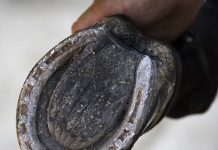Another fairly familiar problem with an aging horse is degenerative joint disease aka arthritis.
You most definitely can still work them and in fact should work them to keep them limber, active and alert. You would just need to remember to warm them up gently and thoroughly before doing any work. Many older horses, although they may be sore and stiff, still love to go out and do things. Their minds aren’t dead and they are still interested in life.
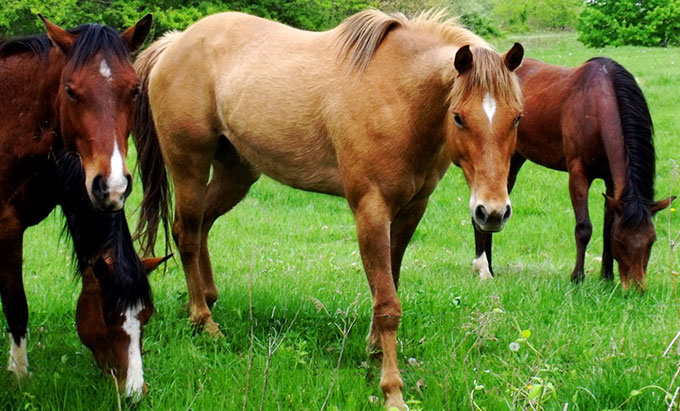 With an older pal you’ve worked, you will need to cool them down slowly by hand walking them and rubbing them dry with a towel. You might even want to give them a warm bath if you have the facilities. When you get to be that age, a little pampering is a nice thing.
With an older pal you’ve worked, you will need to cool them down slowly by hand walking them and rubbing them dry with a towel. You might even want to give them a warm bath if you have the facilities. When you get to be that age, a little pampering is a nice thing.
Treat the feet and your older horse will still give you many more miles. Work with your farrier and get regular trimming and shoeing to help reduce concussion. If you keep them on pasture, then opting to go barefoot is good for their joints
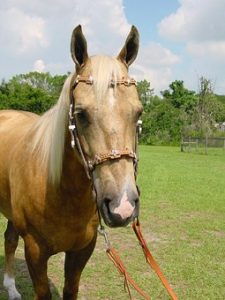 Like humans, older equines do tend to put on weight if they are overfed and under worked. Keep an eye on their feed intake and keep them mobile. If your horse is getting a bit pudgy, adjust his feed. If he’s not keeping his weight or is losing it, also adjust your feed to include more protein and oils – for instance equine fish oil with Omega 3 and corn oil. Also have alfalfa mixed into his diet, but don’t over feed this.
Like humans, older equines do tend to put on weight if they are overfed and under worked. Keep an eye on their feed intake and keep them mobile. If your horse is getting a bit pudgy, adjust his feed. If he’s not keeping his weight or is losing it, also adjust your feed to include more protein and oils – for instance equine fish oil with Omega 3 and corn oil. Also have alfalfa mixed into his diet, but don’t over feed this.
And the other issue with older horses is colic. Symptoms include: lack of appetite, pawing, kicking at the abdomen, getting up and down, rolling, restlessness, flank watching and/or biting, elevated skin temperature, sweating from pain and a sawhorse stance. As you know, if you suspect colic, call your Veterinarian immediately. Any delays can be fatal.
Why do older horses seem to have more difficulties with colic? It’s largely due to the fact they may be having difficulty chewing and swallowing and not being able to drink properly. Too much food not washed down can lodge in the throat or cause a blockage elsewhere.


